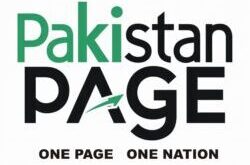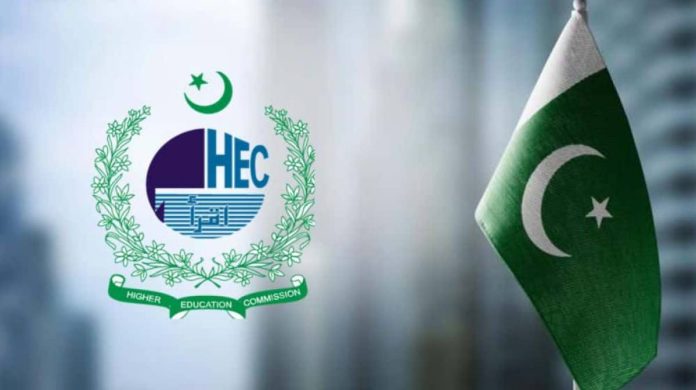HEC launches Women Empowerment Mentoring Programme
ISLAMABAD:The Higher Education Commission (HEC), has launched Women Empowerment Mentoring Programme (WEMP) to facilitate women employees serving the higher education sector through dedicated mentoring enabling them to overcome challenges at the workplace.
The programme rolled out by National Academy of Higher Education (NAHE), HEC under the Higher Education Development in Pakistan (HEDP) project will offer growth opportunities to the women employees in the education sector while empowering them to achieve their goals in their personal and professional lives.
Pakistan’s cuisine
It also aims to improve their communication, networking, and conflict management skills while becoming an effective leader in their respective domains.
Designated mentors with globally recognised best practices and coursework materials will offer expert mentorship and trainings to improve communications and manage work related conflicts and challenges more effectively.
WEMP, besides the accomplishments of HEC’s Women Leadership Programme which has already empowered 196 women from various universities, is a promising start by NAHE to offer a complete support system for women working in the higher education sector.
Chairman Prime Minister Youth Programme (PMYP) Rana Mashood Ahmed Khan was chief guest of the launch ceremony, which also attended by Chairman HEC Dr. Mukhtar Ahmed, Executive Director HEC Dr. Zia Ul-Qayyum, Managing Director NAHE Ms. Noor Amna Malik, and notable international partners, key officials from World Bank, USAID, leadership of British Council Pakistan, Vice Chancellors, senior, management of HEC and local higher education institutions and officials from several public universities.
Addressing the ceremony, Rana Mashhood Ahmad Khan commended HEC and NAHE for the initiative, which aims to promote female representation, capacity building, and leadership in academia.
He praised the recent appointments of female Vice Chancellors in Punjab as a positive step towards gender equity in higher education.
He underlined that the Government of Pakistan is actively working to protect women’s rights and promote their empowerment by measures such as having reserved quotas in educational institutions, creating centres for protection against violence, and advocating for women’s inheritance rights.
Expressing his hope for the success of the programme, Chairman HEC Dr. Mukhtar Ahmed said Islam advocates for gender equity in responsibilities, accountability, and rewards, underscoring that Pakistan has a legacy of prominent women figures in politics, education, judiciary, and the economy, demonstrating the nation’s belief in equality.
He reiterated that HEC is committed to initiatives that promote equitable participation of women in higher education through measures such as establishing sub-campuses in various regions for increased accessibility and setting aside a women’s quota in scholarship programmes.
Dr. Zia Ul-Qayyum reiterated that HEC, with the support of the Government of Pakistan, is committed to reducing the gender divide within the higher education sector. He highlighted that 48% of students enrolled in higher education are now female, a source of pride for HEC.
He underscored that programmes like WEMP are designed to ensure equitable resources and support for career advancement in higher academia.
He affirmed HEC’s continued commitment to enhancing female representation and engagement in the sector.
Ms. Noor Amna Malik highlighted the programme as a strategic initiative to promote gender mainstreaming. She announced that the programme’s first phase will be launched in 18 universities, where Vice Chancellors will establish WEMP committees to match mentees with trained mentors.
She explained that in partnership with HEDP and with support from the World Bank, WEMP aims to foster gender equality by empowering female faculty and staff within higher education institutions.
She said the initiative focuses on mentoring female faculty and staff, providing them with opportunities to advance into leadership roles and senior positions.
The mentoring process will include one-on-one sessions available in person, online, or in a hybrid format, supported by tailored toolkits and modules for participants.
World Bank representative Ms. Inga Afanasieva described the World Bank-supported WEMP as a comprehensive training initiative that has the potential to highlight the diverse perspectives and innovative contributions women bring to the higher education sector.
She emphasised that the programme aims to amplify women’s voices through community support and empowerment, enabling them to make a greater impact in academia.
In her remarks, CEO Human Capital Afshan Tahseen highlighted the importance of gender main streaming and providing more opportunities to women in Pakistan. Former Vice Chancellor Dr. Saima Hamid also expressed her views on the occasion.

